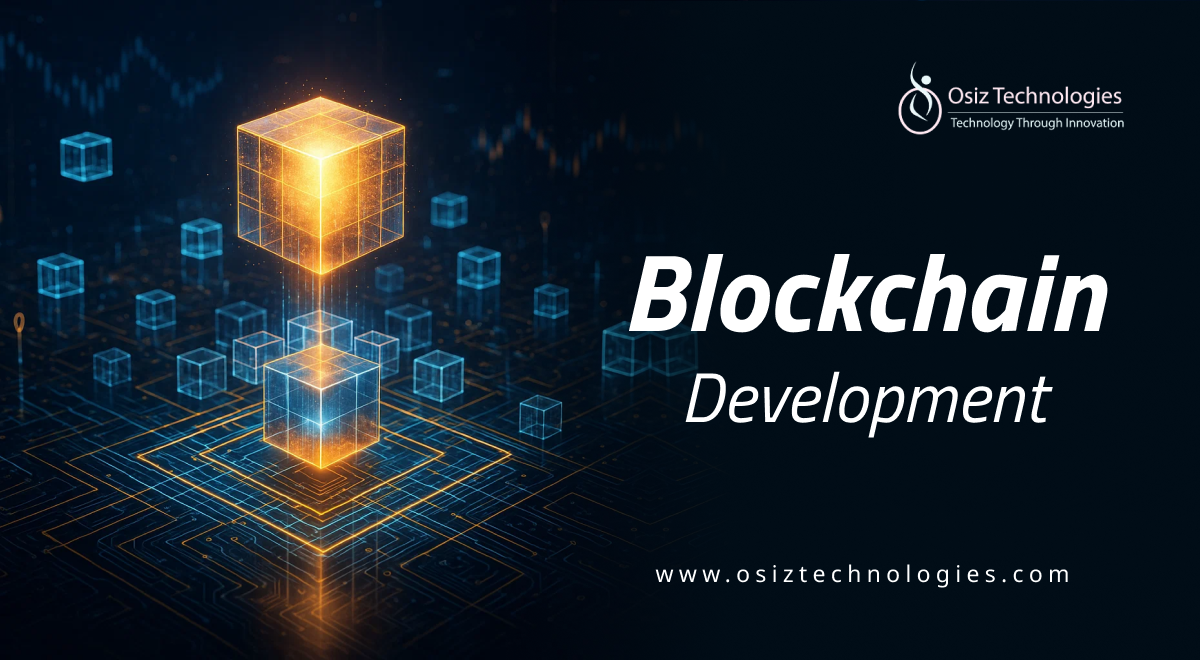Understanding Blockchain Testing
Blockchain technology has revolutionized various industries by providing decentralized solutions. However, ensusring the reliability and security of blockchain applications requires rigorous testing. Blockchain testing encompasses various methodologies to validate the functionality, performance, and security of blockchain solutions.
Types of Blockchain Testing
There are several types of blockchain testing, each serving a distinct purpose:
Functional Testing: Validates that the blockchain application performs its intended functions.
Performance Testing: Assesses the speed, scalability, and stability of the application under different loads.
Security Testing: Identifies vulnerabilities and ensures that the application is secure from potential threats.
Smart Contract Testing: Focuses on validating the logic and functionality of smart contracts.
The Importance of Blockchain QA Automation
Automation in blockchain testing streamlines the testing process, reduces human error, and enhances efficiency. With the complexity of blockchain systems, automated testing tools can execute repetitive tasks faster and more accurately than manual testing.
Blockchain Security Audits
Security audits are crucial in identifying vulnerabilities within blockchain applications. A thorough audit examines the entire architecture, including smart contracts, to ensure compliance with security standards. Regular audits can help mitigate risks and enhance trust among users.
Performance Testing in Blockchain
Performance testing evaluates how well a blockchain application performs under various conditions. Key aspects include:
Load Testing: Determines how the application behaves under heavy loads.
Scalability Testing: Assesses the system's ability to scale up or down based on demand.
Regression Testing: Ensures that new updates do not adversely affect existing functionalities.
Integration Testing for Blockchain Applications
Integration testing verifies that different components of the blockchain application work together seamlessly. This includes testing APIs and ensuring that data flows correctly between various modules.
API Testing in Blockchain
API testing is essential to ensure that the interfaces between different blockchain components function as expected. It helps in validating the integration points and ensures that data is transmitted accurately across the system.
Compliance Validation in Blockchain
Compliance validation ensures that the blockchain application adheres to regulatory standards. This is particularly important in industries like finance and healthcare, where strict regulations govern data handling and security.
Blockchain Vulnerability Assessment
A vulnerability assessment identifies weaknesses in the blockchain system that could be exploited by attackers. Regular assessments help in fortifying the application against potential threats.
Future Trends in Blockchain Testing
As blockchain technology evolves, so do the testing methodologies. Emerging trends include the use of artificial intelligence to enhance testing processes and the need for continuous testing as part of the DevOps pipeline.
Conclusion
Effective testing of blockchain solutions is crucial to ensure their reliability, performance, and security. By leveraging comprehensive testing methodologies, organizations can strengthen the functionality, compliance, and overall quality of their blockchain applications. As a leading Blockchain Development Company, Osiz stands out for its expertise in delivering secure and high-performance blockchain solutions. For professional guidance and end-to-end blockchain testing services, connect with the best in the industry at osiz.
.
Listen To The Article









